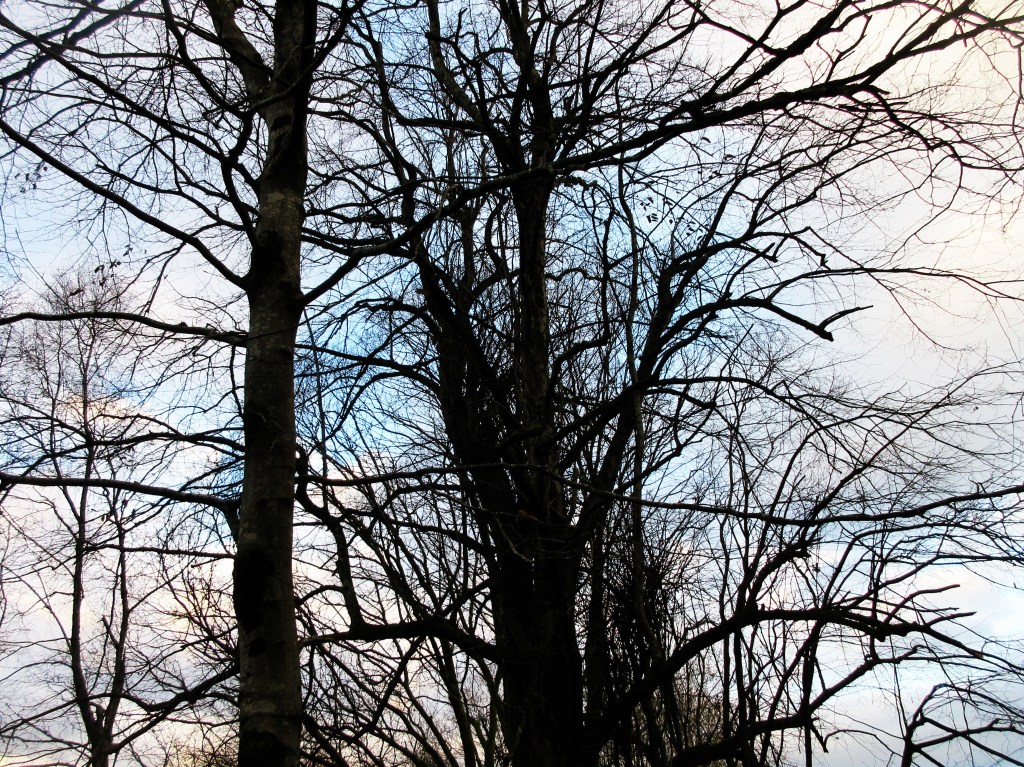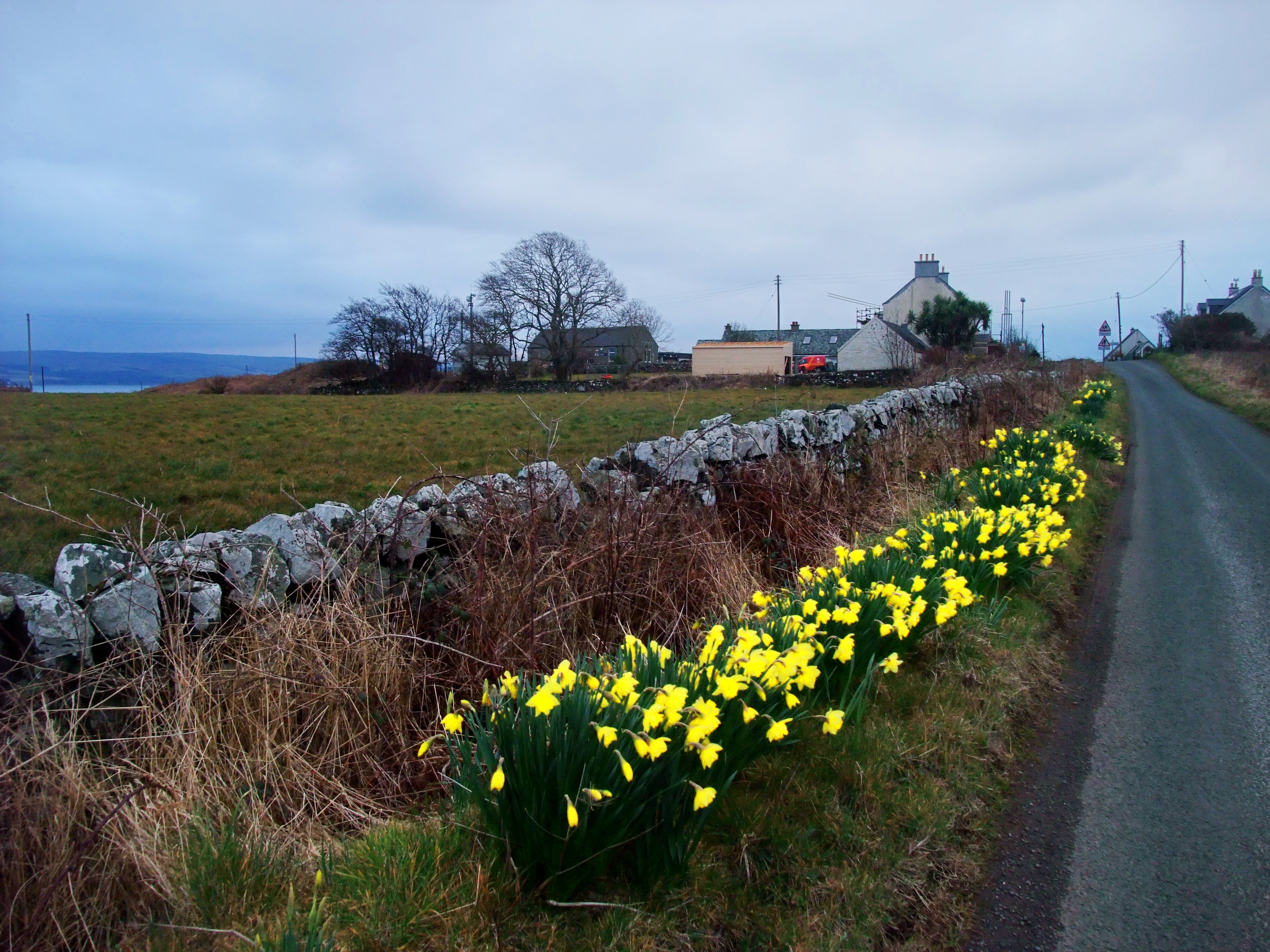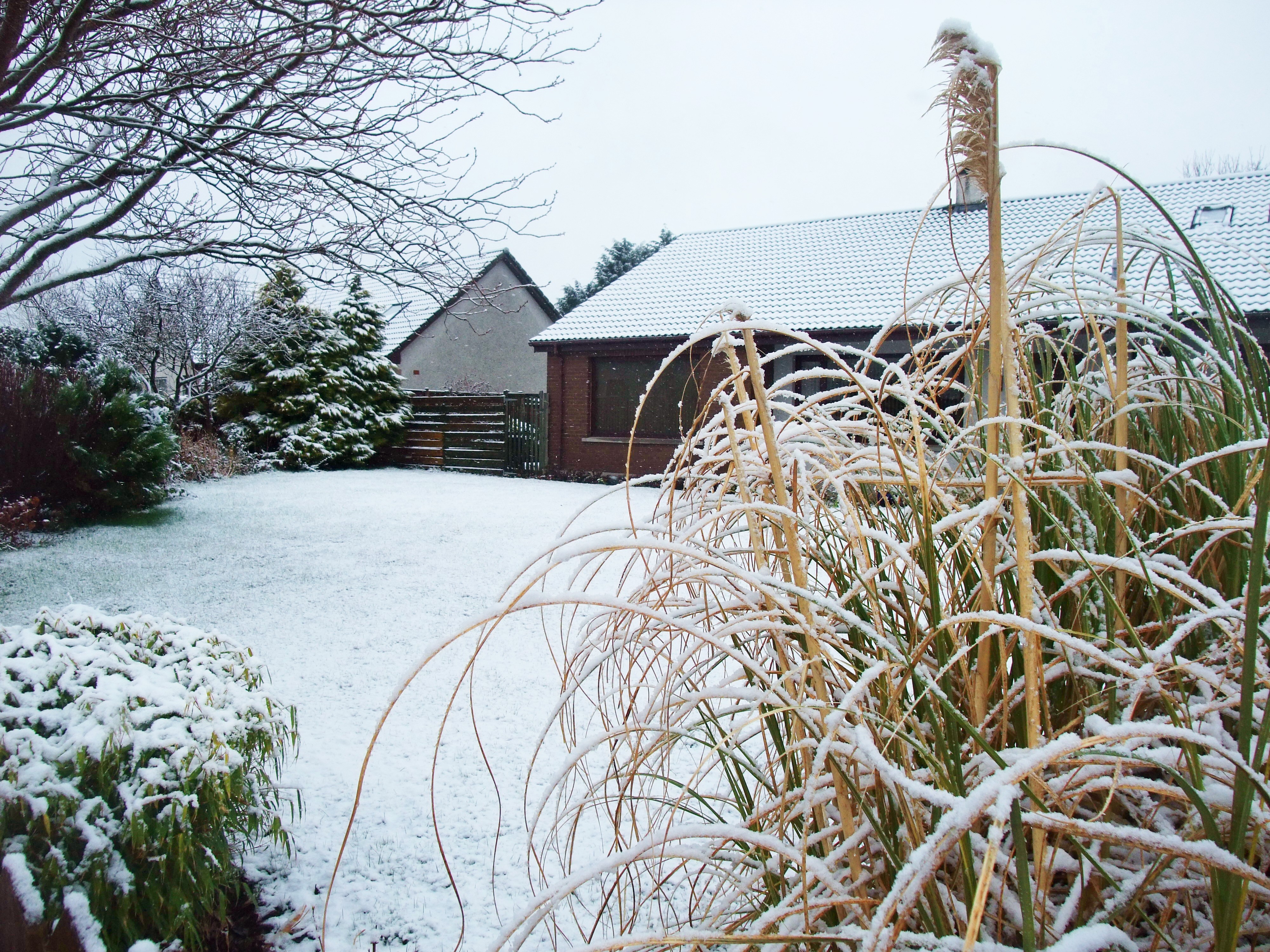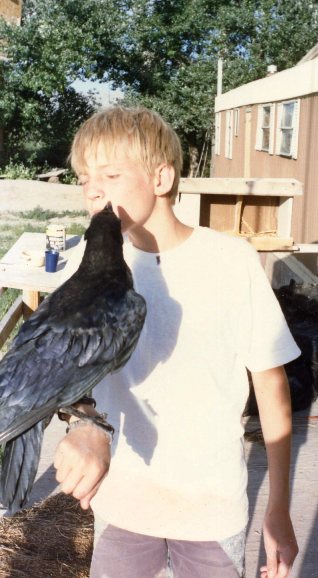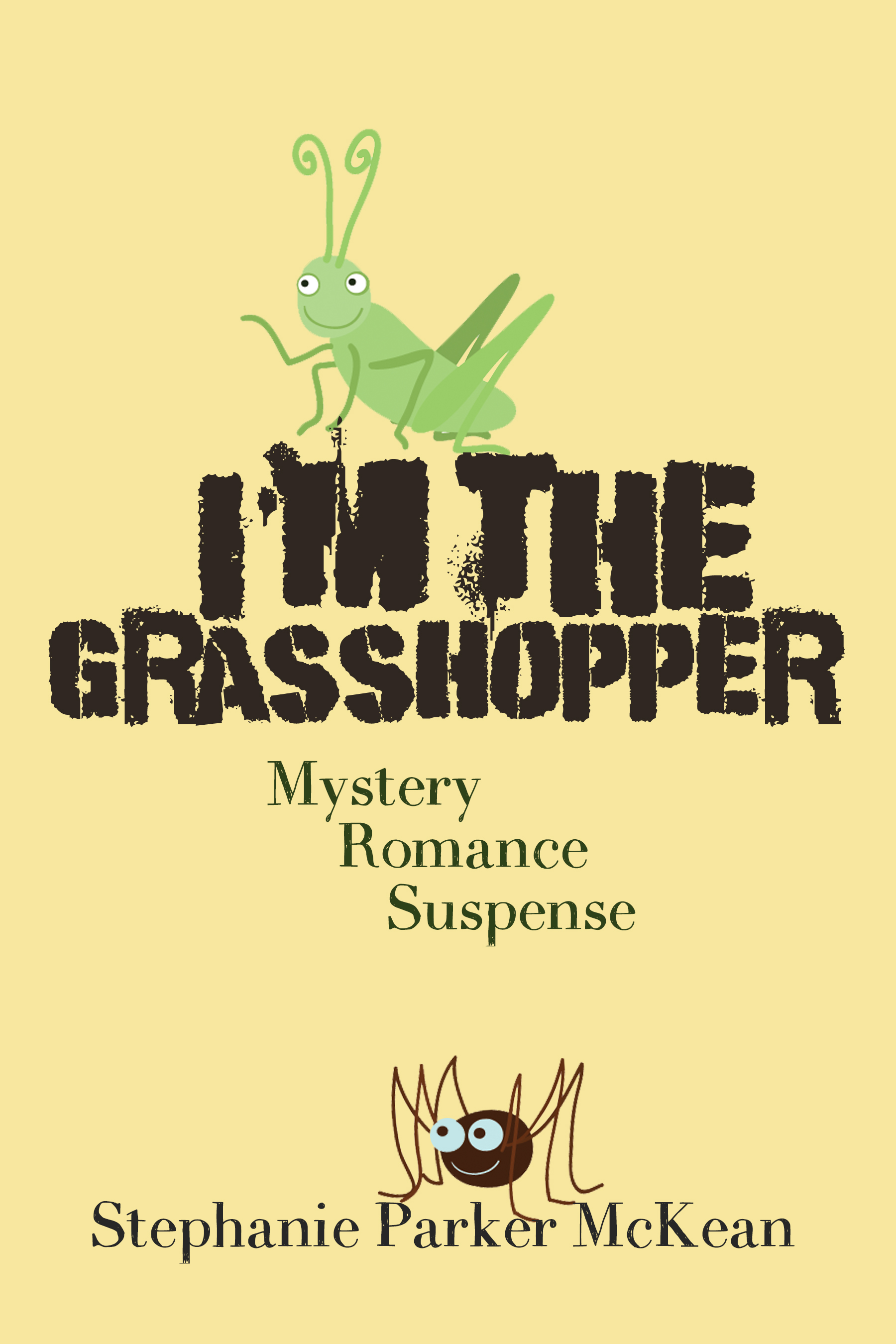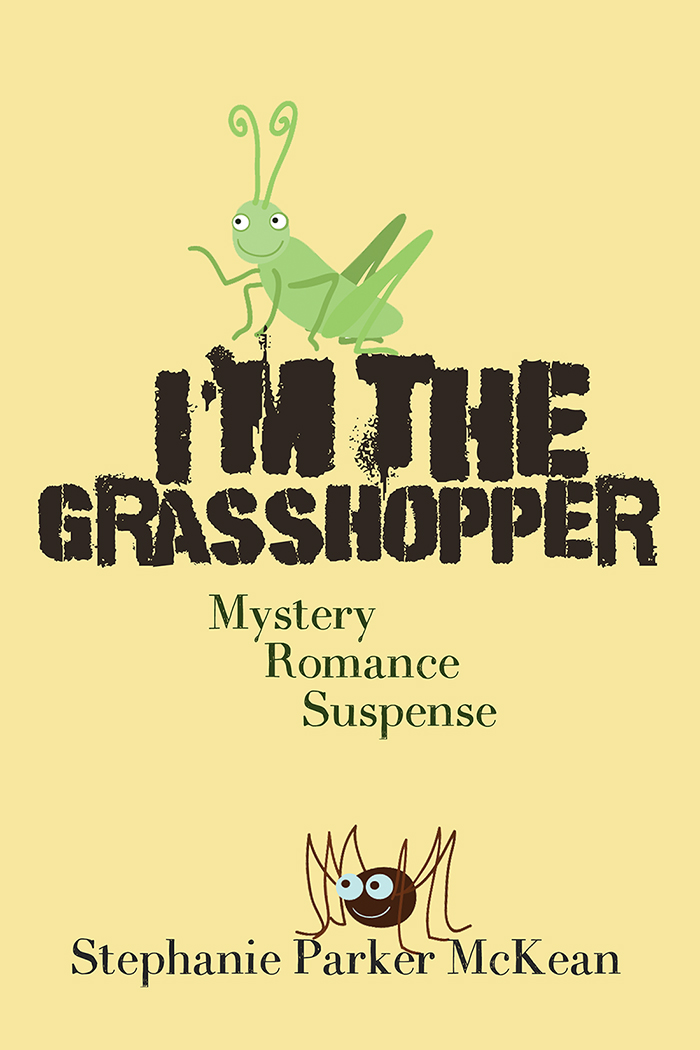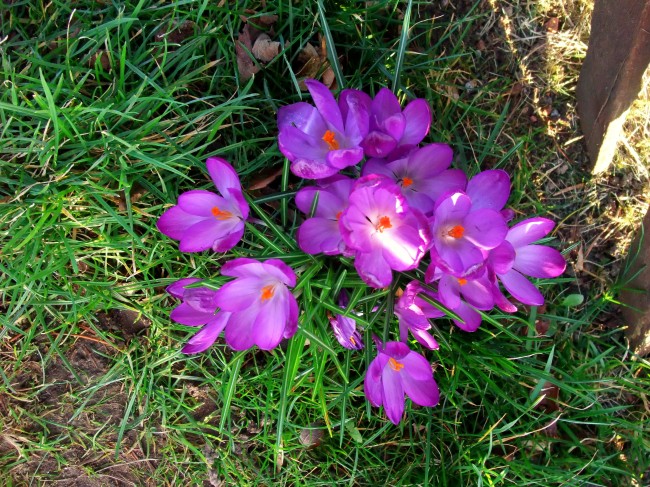
Widow Lila Sparrow moved into a large nest on the edge of a tree branch overlooking a meadow. She had barely moved into the nest when a gale approached from the north.
The other birds, who had nests further back in the strand of trees worried about her. “Come stay with us,” they invited, “until the wind calms down.”
Lila stuck her beak into the air. “Don’t try to trick me,” she said. “I’m too smart for you. I’ve always had ugly little nests before. I’ve always wanted a fine home to show everyone how smart and beautiful I am. This is the best nest in this little forest and everyone wants it. If I fly out to stay with you, someone will rush in and steal my new home.” So Lila stayed in her nest even as gale-force winds thrashed the tree limbs and striped the few remaining leaves off the winter-stricken tree. Deep in the forest, the other birds visited with one another and sang cheerfully through the strong wind—but Lila was too afraid to sing.
After the gale blew itself out, the birds came to Lila and invited her to the flying games in the forest. “It’s an aerial obstacle course,” they explained, “and the winner is the bird who completes it in the least amount of time. After the games, we will hold a treasure hunt in the woods. The winner will be the one who finds and collects the largest number of dried-up blackberries. Then we will have a picnic together.”
Lila stuck her beak into the air. “Don’t try to trick me,” she said. “I’m too smart for you. This is the best nest in this little forest and everyone wants it. If I leave it—someone will steal it. Go away and leave me alone.”
A deep cold from the Arctic dropped down into the forest. The temperature plunged to below zero and ice blanketed everything. The birds came to Lila. “It will be the coldest it has ever been here in our little forest tonight,” they told her, “and you have the biggest nest. Let us come and stay with you in your nest. If we huddle together, we will stay warm enough to survive the cold. But if we face the cold alone—we will die.”
Lila stuck her beak into the air. “Don’t try to trick me,” she said. “I’m too smart for you. Go away and leave me alone.” She pointed a wing at the meadow. “You know I have a meadow full of diamonds and a path of rubies. You do not want to keep me warm—you want to steal my diamonds and rubies.”
“No, Lila,” Grandpa Sparrow said. “Don’t you realize that those sparkling jewels in your meadow are not diamonds? They are ice crystals because it is so cold. And those rubies are drops of blood from a young boy who fell and cut his arm on the ice. Please let us stay with you tonight. Or, come stay with us. We don’t have much room, but we will squeeze tightly together. We must stay together and work together to survive the deep cold tonight.”
But Lila stuck her beak into the air and said, “No, no! Go away and leave me alone. I will not let anyone steal my diamonds and rubies.”
The other birds in the little forest huddled together in their nests and warmed the night air around them. In the morning, they went to check on Lila. Her nest was empty.
She lay cold and stiff below the tree amid her field of sparkling diamonds—diamonds which melted and vanished beneath the morning sun.
“But seek the kingdom of God and all these things shall be added to you…a treasure in the heavens that does not fail.” Luke 12:33
Amazon.com: Stephanie Parker McKean: books, biography, latest update
